Soho, Kokomo, Backhanders, Dark Moments, & The Rabbit Punch — Part 1
Trident Studios, Soho, London (1981-1982)
Soho, Kokomo, Backhanders, Dark Moments, & The Rabbit Punch
Part 1 (of 3)
Trident Studios, Soho, London (1981-1982)
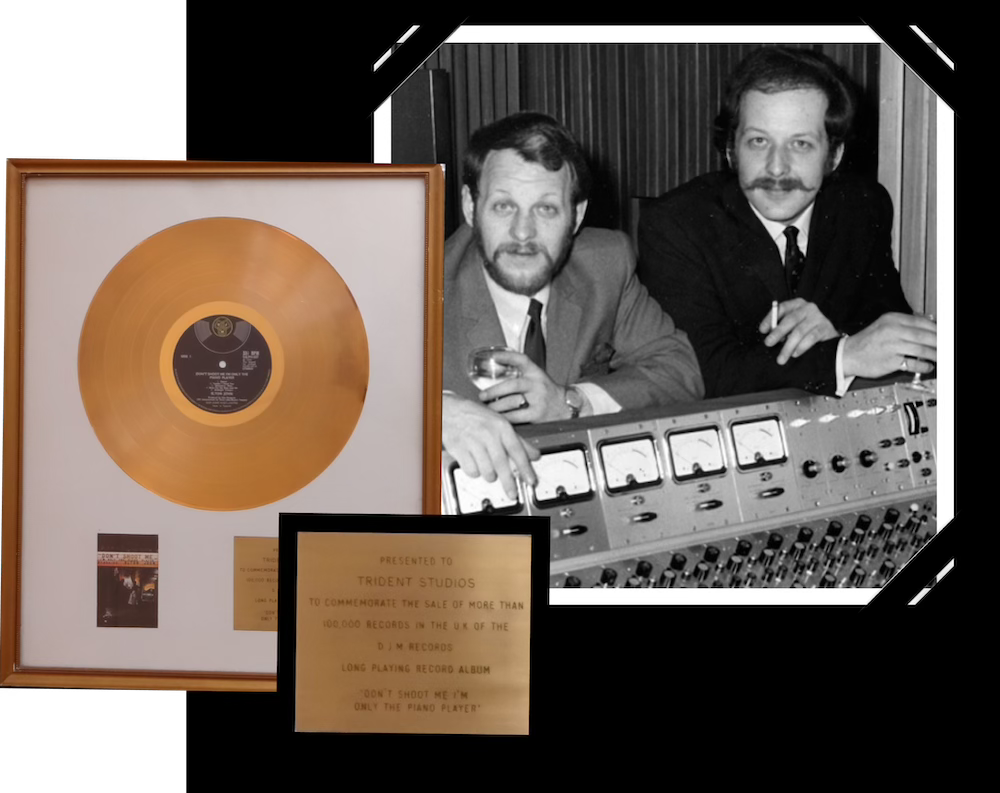
Trident Studios was founded in 1968 by the Sheffield brothers, Norman and Barry.
If you look online you’ll find plenty about the history of Trident. Not only about the studios, but also about their consoles (Trident Audio Developments), and their publishing and record labels (for example, Queen’s first record deal).
I started working at Trident in January 1981. I was eighteen.
I finished working there in around April 1982, so about a year-and-a-half later. In that time I worked my way up from runner, through tea-boy, via audio editing assistant, to tape-operator, and finally, first assistant audio engineer.
This piece is about my experience, my minor and brief blip on Trident’s majorly enormous and influential horizon.
During that time, 1981/82, I was straight in at the deep end. It was relentless. I worked almost every day for a year and a half. I assisted on complete album projects, single projects, track-laying sessions, editing sessions, mastering sessions, overdub sessions, and mix sessions.
There was more than one aspiring assistant audio engineer at Trident whilst I was there, and with their two studios almost constantly booked out to paying clients, it was quite normal for us all to be working sixty-hour weeks. Quite often we’d replace one another in continuous recording sessions which could literally last thirty-six hours or much more… after a twelve or eighteen-hour shift, we’d be completely done in, and pass the baton to the next assistant. The producer, the chief engineer, and the artist would stay for the entire gruelling thirty-six or forty-eight hours… fuelled with alcohol, and/or speed, and/or coke… and/or some other creativity-cocktail of choice… any of which was hardly ever offered or available to the lowly assistant engineers… we instead got an Addison Lee taxi on account at 5 am, knowing full-well we needed to be back in the studio at maybe 2 or 3 pm that very day… it was insane.
The result is I only have fragments of memory of this time, nothing really coherent. I think it’s also fair to warn you from word go that not all my memories are sweet. I think to include a few of these darker moments herein, for the sake of balance — it wasn’t all just one big happy rock’n’roll party, and I think it’s safe to say that in every industry there are — regardless of their achievements, successes, fame, and fortune — people (and events involving those people) that caste their dark shadow (think Harvey Weinstein, just for instance).
Anyway, from these fragments, I do remember most of the people, not all the names, but the characters. I only remember just a few full conversations. I hardly remember any complete recording sessions. However, I have the flavour, with all its intensity. It’s been with me all my life and I’ll never forget that whirlwind introduction to the music industry. Whilst writing this, during the past days, well, I keep on having momentary flashbacks, brief glimpses. Just for example, I remember one day I passed this woman who was going into the control room of studio two whilst I was coming out. She looked terrible. Ill. Bloated. Overweight. Her face was caked with foundation. She had sunglasses on and a long overcoat. She kind of stumbled. She smelt absolutely terrible, cigarettes, alcohol, vomit. Before I went back into the control room myself I enquired with some other staff member about who this woman was. They matter-of-factly said, “Oh, that’s Nico.” I was still none the wiser, but later understood who she was.
To give you some idea of this flavour, of the particular ingredients, at Trident I worked on sessions with (and these are just the ones that I can definitely remember):
Artists/bands — Altered Images, The Associates, Heaven 17, Adam Ant, Howard Devoto, the Buzzcocks, Midge Ure, Ultravox, Jimmy Pursey (of Sham 69), Kokomo, Mirage, Morris Michael, Brand X, Genesis, Peter Gabriel, Visage.
Engineers/Producers — Rusty Egan, Martyn Ware, Marco Pirroni, Craig Milliner, Ben Rogan, Adam Moseley, Stephen Short, Roy Thomas Baker, Chris Stone, Ray Staff.
In retrospect, I’d say during my eighteen-month stint, although constantly booked and with really great artists, Trident was generally in the doldrums, in the last stages of going almost completely downhill, at the end of its golden era — the era of Norman Sheffield's ownership, of The Beatles, and Queen, and Elton John, and David Bowie, and Genesis, and Lou Reed, and T.Rex, and The Rolling Stones, and so many more. The amount and calibre of iconic songs (not even to mention albums) that were recorded there during this golden era is breathtaking — just for starters:
Four out of just these six songs are in my all-time top ten!
Norman Sheffield finally sold Trident late in 1981, and I left a few months after the sale. I then went to work at CBS’s main London studio in Whitfield Street.
From about early 1983 until 1986 Trident became the base of a small group of very successful audio engineers and producers, and went through another brief heyday, again becoming one of the most sought-after studios in London.
Of course, when I first walked through the front door of Trident, aged eighteen, I did not fully understand or appreciate exactly where I was, and its history. Nor did I understand at what stage in Trident’s story I was entering. Nor did I have a crystal ball and know what Trident’s future held. Having said all of that, I would not change a thing that happened during my time at Trident…
For a fuller taste perhaps also read these articles:
The Ace of Spades & The One-Arm Bandit
In 1985 I was twenty-two, living in London, working as a freelance sound engineer, clubbing almost all the time, and aspiring to be a professional musician…
I, also, am who I am because of Wham! Part 1 (of 4)
This week is more or less one year since I first posted here on Substack. I wanted to mark this with something a little bit different, and also something more personal, a glimpse into my world so to speak.
How I got the job at Trident
Well, I think it’s safe to warn you from the off to buckle up and get comfortable — this could take a while. So much happened, so rapidly, in such a short space of time, that it’s difficult for me not only to remember the exact sequence of events and the details but also to know just what to tell you. It’s all so sketchy. There are just so many fragmented memory threads. I will attempt to weave them back together.
The short version is that I got the interview at Trident after a meeting with a careers advisor in my home town in the Surrey Hills area of south England. How did I end up chatting with a careers advisor? Again short answer is that he was a colleague of my mother’s, who was frantic about her wayward son’s rambling lifestyle…
Although I’d excelled in school and had a scholarship offer to continue, I left aged sixteen, eager to step out into the world. Very soon thereafter I hightailed it to Vancouver, allegedly to live with my father. Maybe half a year after arriving in Canada, much to Dad’s dismay, I was solely focused on playing music and somehow being involved in the music industry — everything I did revolved around that goal.
My father had other ideas for me. He was a university professor. He’d heard about this new technology, he was convinced that it would be very big everywhere, and would influence everyone’s future. He wanted me to go to college and then university to study this new high tech. If I did that, then he’d pay for everything, and I could live with him for free. If I did not agree and continued to pursue this music nonsense, well, I was out and on my own. The technology my father spotted? Computers. I had zero interest in them.
I’d saved some money working in Granville Island market in a fishmonger’s. I ate a lot of sockeye salmon, spider crab and other local seafood. I’d learned to skydive out in Chilliwack. I’d been offered a job on the ferry crossing to Vancouver Island. Also, another job offer working on boats sailing further up the British Columbia coast. And yet another offer flying floatplanes for a logging company, including being trained to fly. Before venturing to become a pilot, I decided it might be a good idea to drive a car legally. I passed my driving test, bought a very beaten-up Chevrolet Beaumont, and decided to forget about all these job offers for now, and head south to Baja California — Tijuana or bust.
My dad absolutely forbade me to go, which was red rag to a bull. One night I got very drunk in Stanley Park with some friends from Saskatoon, and very early the next morning I drove my Chevy to the Levy south on Route 66 Highway 99, with my sights on the US border crossing at Blaine and Interstate 5. I left a note for my father saying I’d be back in a month or two. That was very late in March 1980. I arrived back in very late November of the same year — so eight months of travelling, mainly in California, mainly on my own
How can I be sure of the dates? I left just as Mount St. Helens erupted. As I drove past it I got completely covered in volcanic ash. And I arrived back at my father’s house in Kerrisdale, Vancouver a week or so before John Lennon was murdered.
When I arrived back my father would not talk to me.
Before leaving the UK my mother had given me a hallmarked gold ingot on a chain. I took it to a jeweller downtown, sold it, and bought a ticket back to London for Christmas.
I intended to return to Vancouver in the new year, in January 1981, to sort things out with my dad. I’d also enrolled in Kitsilano Community College to do a commercial music course, I’d even been for an induction day. Now I got on a plane bound for England for Christmas with my mother and two sisters, who I hadn’t seen for much more than a year.
From the moment I arrived home in late December 1980, my mother was relentless. She was at her wit’s end about my wanderlust. She wanted me to talk with her colleague who was a careers advisor. I agreed to meet him, during the first week of January, just to please Mum and get some peace.
At our meeting, I told him the truth. I told him I wanted to work in the music industry, either as a songwriter or as an audio engineer, or perhaps, somehow both. I told him I’d enrolled in a commercial music course in Vancouver and I would be starting it immediately I went back there at the end of the month. He listened closely, and asked me a few questions — did I play a musical instrument, had I written a song, had I been in a band, was I any good with musical equipment — amps and PAs etc. I basically said, yes to it all. He asked me to wait for a few minutes and he went out of the room. When he came back he said he’d phoned a contact of his in a recording studio in London, they were looking for someone to train as an audio engineer, it was very low pay, however, they paid an additional travel and food allowance. They could interview me in London the next day if I was interested. I was very surprised. I did not think this colleague of my mother’s would have any clue about the music industry. Also, I’d kind of heard of the studio, it was Trident. So I agreed to go, mainly to keep my mum happy.
When I told her what her colleague had found for me, an interview in London in a recording studio, well, she was furious (with him). She’d hoped he’d talk some sense into me and I’d focus on a proper career path…
I went to the interview with absolutely no intention of taking the job, I was going back to Canada very soon. Nevertheless, I got the job, and they wanted me to start immediately, within a day or two, and somehow I found myself saying yes, and that was that…
Where is Trident?
Location… Location… Location…
If you're ever in London, anywhere near Soho, on Wardour Street, take a walk up to The Ship pub, it's near where The Marquee Club used to be. Just by the pub, you'll see St Anne's Court, about halfway down is Trident Studios, where David Bowie recorded his iconic album The Rise and Fall of Ziggy Stardust and the Spiders from Mars.
When you pass The Ship, just pop in there for a moment... keep in mind the iconic list of albums, songs and artists associated with Trident… pretty much every artist who recorded at Trident probably ended up in The Ship at some point.
Whilst you're in the area, just around the corner is Heddon Street, outside number 23, well, that would be a great location to get a selfie (maybe take some cardboard boxes with you)... BTW I'm wondering how Bowie somehow predicted Kanye in 1972 on the album cover of TRAFOZS&TSFM...?
Anyway, I have no idea what Soho is like now in 2024. I can tell you how it was in 1981. There were several overlapping communities, all somehow co-existing, for the most part seamlessly without any problem.
Soho was a predominantly Italian district, with family-run restaurants, bars and cafés. I had my first authentic espressos there. Normal today, back then there wasn’t a Starbucks on every corner, and in England, most people thought coffee was granulated instant Nescafé. I used my Luncheon Vouchers (provided by Trident) to feast on pizza-style focaccia with salami, mozzarella, tomatoes and basil, or ciabatta, rocket, avocado and prawn with olive oil, ground black pepper, and homemade mayonnaise — for me at the time this was beyond posh, it was continental. Keep in mind this was still before fast-food franchises everywhere, and an average English lunchtime sandwich back then was maybe Cheddar cheese and pickle in between two slices of Mother’s Pride.
Also at lunchtime, I’d quite often briefly go to The Ship pub, literally a few steps from Trident on Wardour Street. I know how this sounds, it’s name-droppy as fuck, but I’ve had pints and a chat in there with several legends, not least Pete Townsend. I told him about how I’d encountered Roger Daltry briefly when I was a young teenager, thirteen or so, in 1976. I was with my cousin and somehow — I really am not clear exactly how this happened — we met Roger Daltry, somewhere in rural Sussex, and he gave me a signed copy of the album The Who by Numbers. I told Pete Townsend I loved his song “Squeeze Box” from that album. He thanked me. He was a gent.
At the time Wardour Street was kind of a technical hub for London’s film and sound recording studio industry. There were companies selling cameras, and reel-to-reel tape recorders, and mixing desks, and recording tape and film. There were film editing facilities, and tape duplication studios, and record cutting rooms. During the day there was an endless stream of courier motorcyclists and black cabs and small vans dropping off or collecting lacquers, tapes and film at these studios. And of course, there was Trident Studios, just off Wardour Street, in St Annes Court — one of several recording studios in the area, perhaps ‘The’ if not one of the most famous studios in the world. A few yards down from Trident was a NCP carpark — a vacant lot right in the middle of this densely built-up urban area. It’s where Nazi bombs had completely destroyed several buildings during The Blitz.
One other thing I remember about St Anne’s Court (and although I’ve searched and searched I cannot find anything online to corroborate this) is that there had been a Black Death plague burial pit there, from the Great Plague of London. Apparently, according to some of Trident’s old hands, the studio’s building was built right on top of that plague pit. Studio One’s recording area was below ground, in the basement. They claimed many musicians recording there had felt a strange presence and seen apparitions, for example, a pale young woman in a long dress would appear, then disappear. Keep in mind when I first started working there I would quite often work late into the night and the early hours. I’d quite often have to go to remote parts of the building on my own, to collect tape, or make tea, or collect a microphone or a cable from storage. I’d also have to clean up the studios after sessions, quite often there alone after everyone else had left. So perhaps these stories were fabricated to keep me and the other tape ops on our toes and make our lives a little more interesting at 3 am, often one of us being the last person left in the building…
Very almost opposite Trident’s front door (which by the way was almost constantly stalked by flamboyantly way-overdressed, way-over-made-up David Bowie fans from around the world) was Shades, a tiny subterranean rock/heavy metal record shop. From the outside, it looked like it was just a section of wall completely covered in very colourful graffiti. It was run by one longhaired unshaven bespectacled guy, and quite often I’d see him putting security shutters over the doorway when he closed up in the evening. Eventually, after a few months, he struck up a conversation with me. I’d been warned by others working at Trident that he’d probably do this eventually, apparently, he always did with all the new staff. Apart from selling vinyl, this guy had a very lucrative side gig. Allegedly he was one of the biggest recording bootleggers in London. Trident Studios had a tape library brimming with original masters and rare outtakes that he was desperate to get his hands on.
By day Soho was a business world, not only film and audio, and Italian cuisine, there were clothes shops, and book shops, and florists, and grocers, and newsagents, and pubs, and tobacconists, and barbers, and there was a bustling market in Berwick Street, it was a thriving community town centre. In the evening that all changed, or at least other overlapping communities became more prominent. There was the clubland nightlife and, of course, Soho was probably London’s biggest and oldest red light district.
I’d quite often have to go out into Soho at night. Part of my job was to keep the clients fed and watered, which meant going to local off-licences and restaurants to make and collect food orders and pick up booze. Chinatown, literally one street south of Soho, was a very popular takeaway food option with clients. So I quite literally saw it all — from pork bellies and wind-cured duck hanging in Lee Ho Fook’s window, to the shabby tramps plodding Brewer Street with their golden cans of Carlsberg Special Brew, to the crowds of Punks dossing outside The Marquee Club before the doors opened, to the prostitutes and their prospective clients in the shadowy red light adorned doorways, to the bouncers quite often violently bouncing outside The Windmill, and the virtually unconscious smack-heads laying amongst the black bin bags on the street corners.
One small recollection I have is that on Old Compton Street I was tasked with buying coffee beans or freshly ground coffee from a coffee merchant named the Algerian. It had an incredible window front with all kinds of coffee paraphernalia. Inside the aroma was exquisite, and the shelves behind the long dark wood counter were stacked to the gunwales with jars of coffee beans. At Trident there was an electric moka pot and a small electric grinder in the second-floor client lounge.
Wherever there’s nightlife, vice, and lucrative businesses, well, there’s also gangland and the police. After I’d been at Trident a month or so, one of my chores was to sit in the reception area late in the afternoon, just after Fran, the gorgeously sexy East End receptionist, left for the day. I’d stay there (or one of the other tea-boy/tape-op trainees would) from around 5.30 until maybe 7 pm when the last of the Trident record label office staff had left, then I’d lock the front door. Once a week, around this time, on two separate days, either a drab-looking local police detective or a businessman type, well-dressed in expensive locally tailored suits, would step into reception, nod, and I’d have to delve under the reception desk for a sealed quite-fat envelope and hand it to them — protection backhanders that meant the music business shenanigans that went on in Trident on a daily basis could continue unhindered.
One such shenanigan — and this was way before my time at Trident — related to Peter Cook and Dudley Moore aka Derek and Clive. They had been recording in Trident’s studio one, the live room for which is in the basement, and there are stairs in the reception area leading down to its entrance. They’d been seriously drinking, and allegedly partaking in several other substances, some of which they were actively smoking, the remnants of the rest were strewn around in particular on the top of Trident’s legendary Bechstein piano, which Derek (Dudley Moore) was skillfully playing, whilst talking and singing with Clive (Peter Cook). The conversation/song was being recorded.
Two things.
Firstly, the subject matter of parts of this recording session was originally deemed unusable, it was decided Derek and Clive had gone too far even for them, and initially, the tapes were not made publicly available. However, a legendary bootleg secretly did the rounds of the music industry for several years, and I expect eventually also out into wider circulation.
Secondly, some of the Trident studio staff had also been partaking with Derek and Clive, and in the ensuing inebriated chaos, someone had left the building’s main front door wide open late in the evening. Eventually, some passing plain-clothes police officers walked in to check what was going on… They went straight down to studio one’s live room and caught Clive and Derek red-handed in the act of smoking, generally partaking and seriously drinking. Anyway, after a few drinks and a short but serious discussion with the chief engineer, they left again. Nobody got arrested. Nothing ever got out to the press. Trident was protected.
During those two years in Soho, although I was working almost constantly, I also went to see live music. I went several times to The Marquee, which was just heaving chaos. I remember seeing Eddie & The Hot Rods (and them playing “Do Anything You Wanna Do”) and The Psychedelic Furs (especially “India”). I also remember assisting on a mobile recording there, a sixteen or twenty-four-track multitrack recorder in a silver-coloured aluminium Airstream trailer parked up on Wardour Street. I don’t remember the name of the band, or the engineer (he was American I think), or the mobile company, just that the Airstream had a huge red letter ‘A’ painted on the side.
Just down the road from The Marquee was the St Moritz Club, smaller and more civilised. I saw Tygers of Pan Tang there.
Just a bit further away, on Frith Street, was Ronnie Scott’s. I went there many times over the years. Back then I recall seeing a phenomenal American jazz trumpeter there, Freddie Hubbard. And also saw an amazing American saxophonist back then, Art Pepper, in Dean Street at the PizzaExpress. I also had my first American Hot there, which is my pizza of choice to this day.
The other live music venue I went to on occasion was the 100 Club up on Oxford Street. I wish I could say I saw The Rolling Stones’s impromptu 1982 gig there, unfortunately, I just heard about it during the next days. I do remember seeing Black Flag there, which was something else.
Please note: I have another infotainment channel on Substack, called Unleashed & Unlimited, where I post podcasts, articles and content unrelated to music.🖋🎥🎙


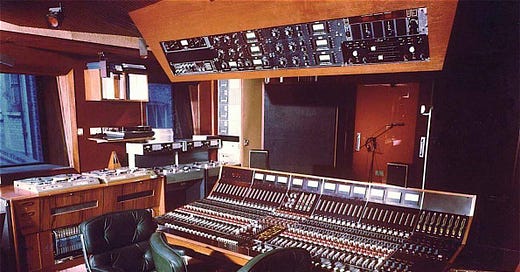


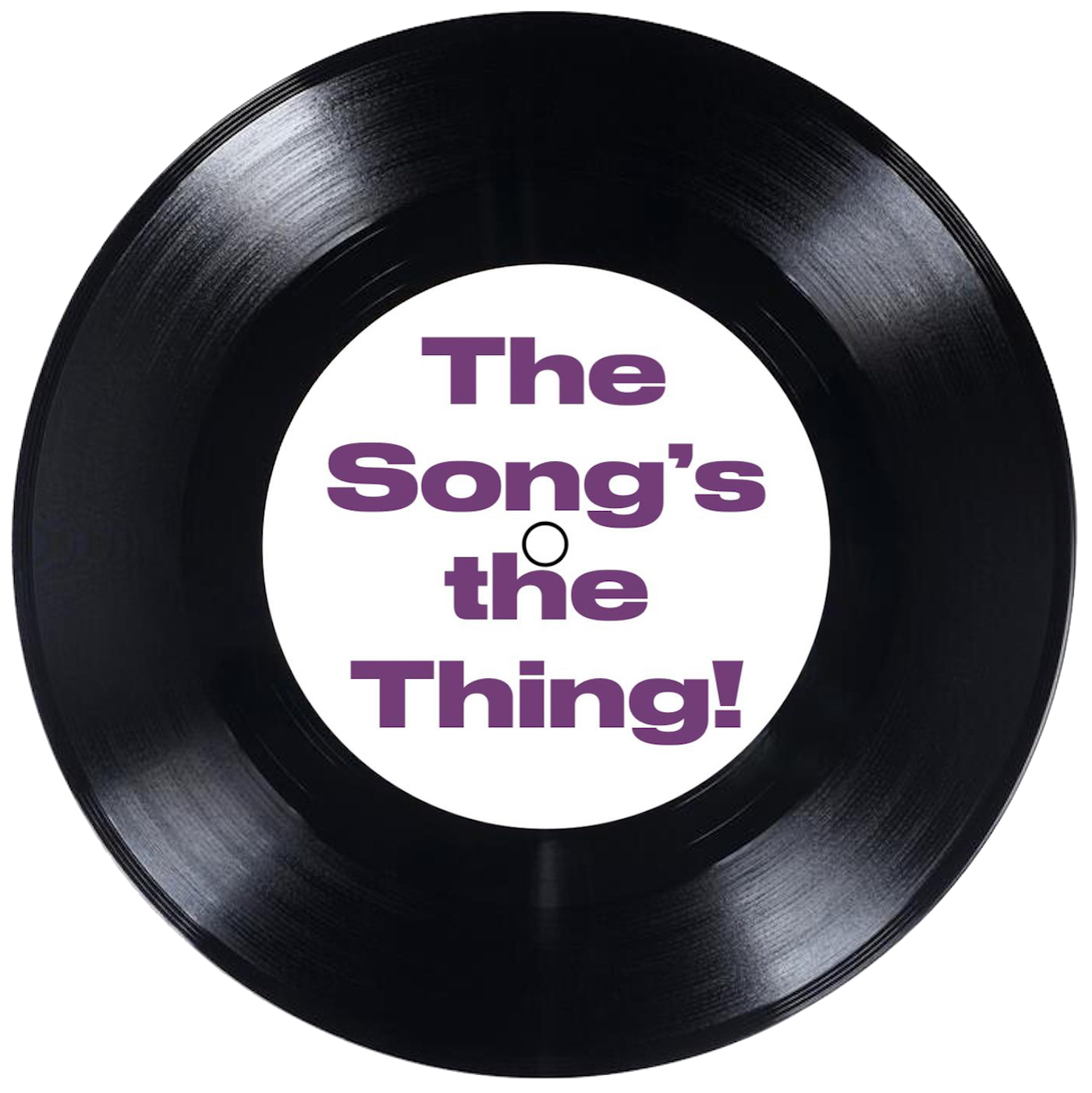
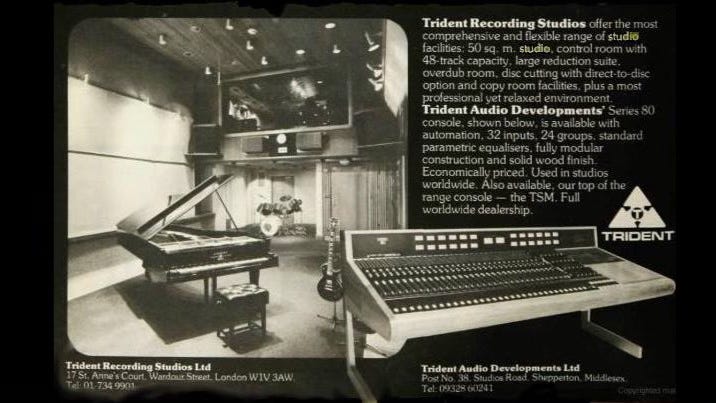
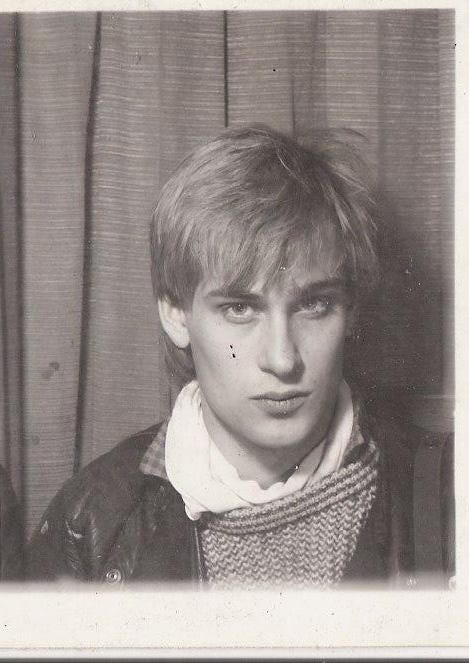
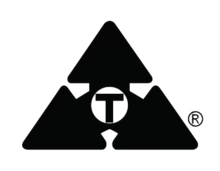
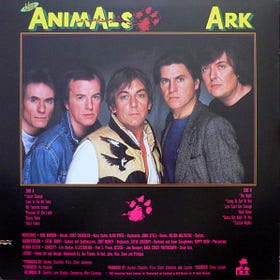
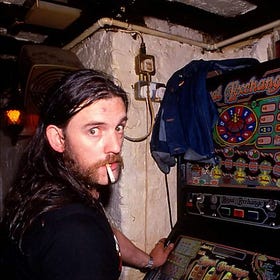
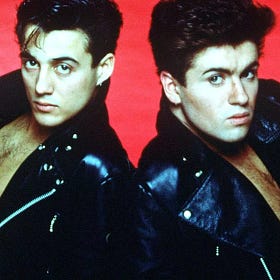
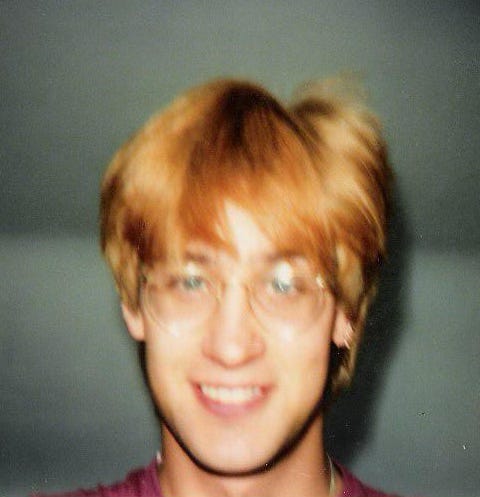
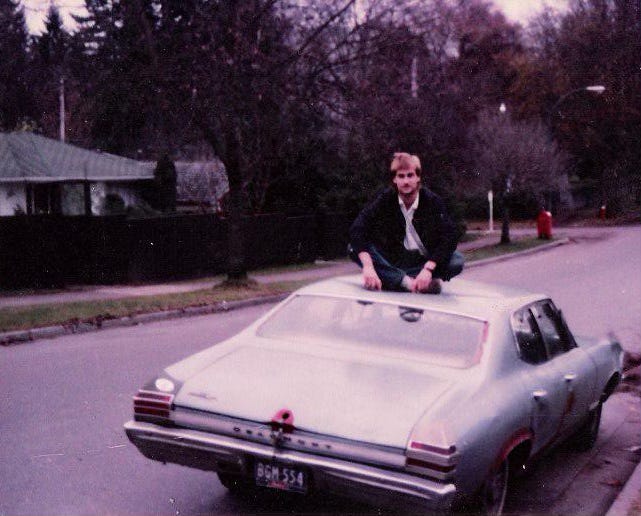
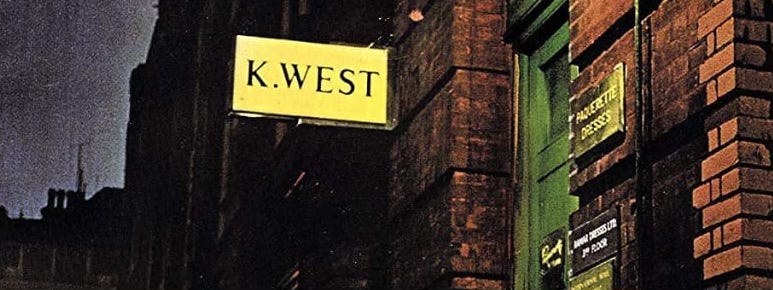
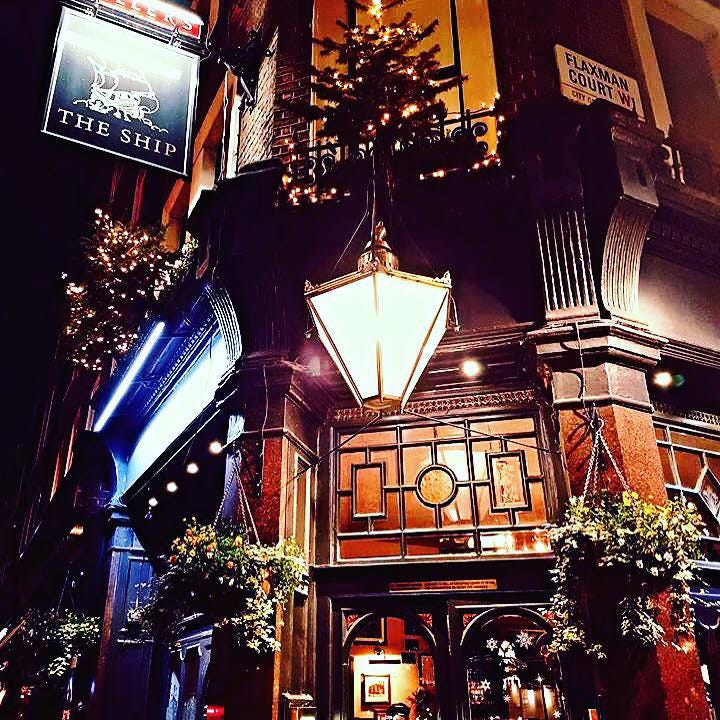
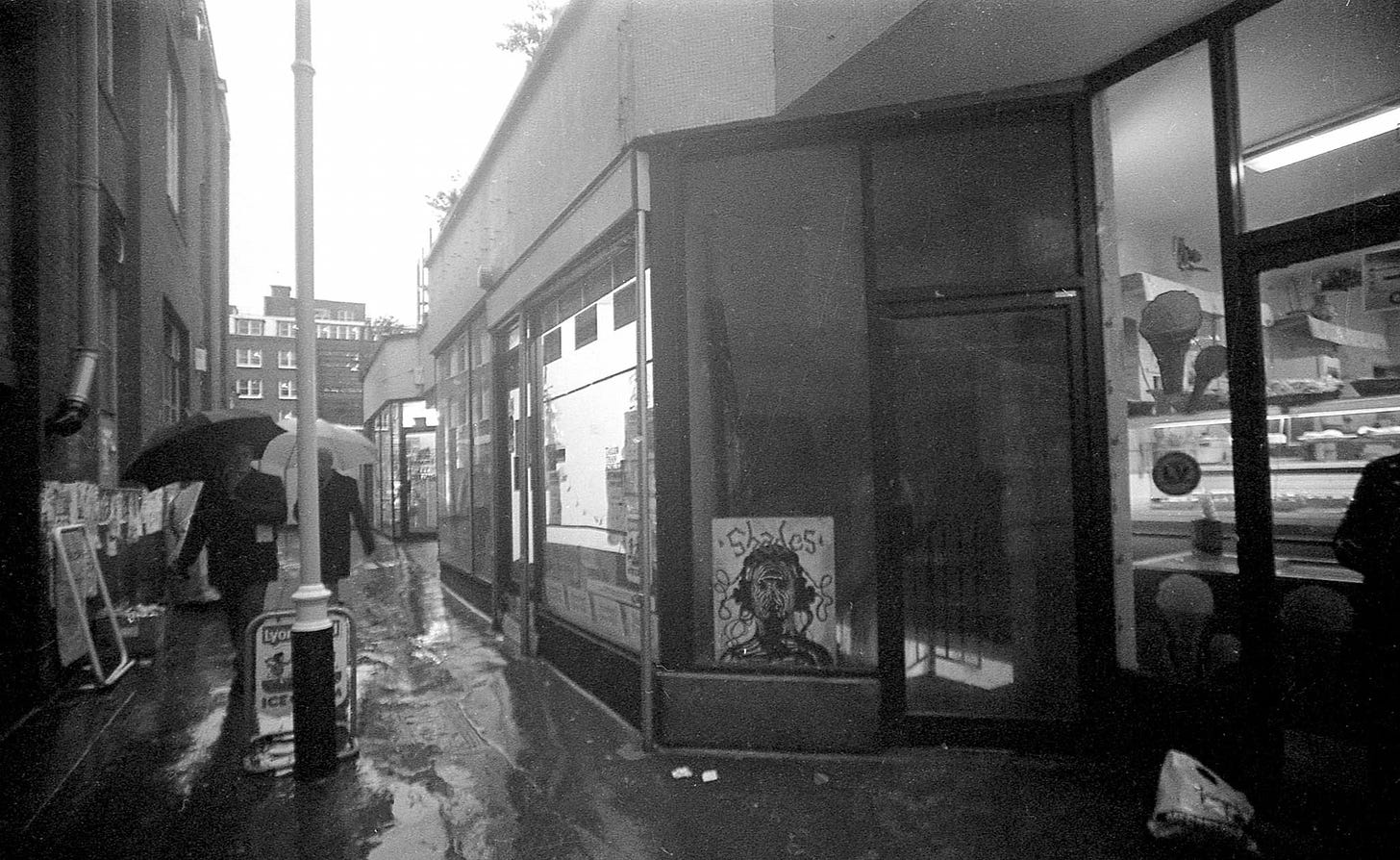
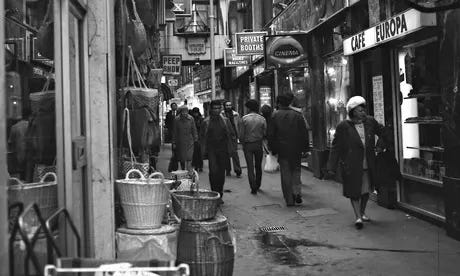

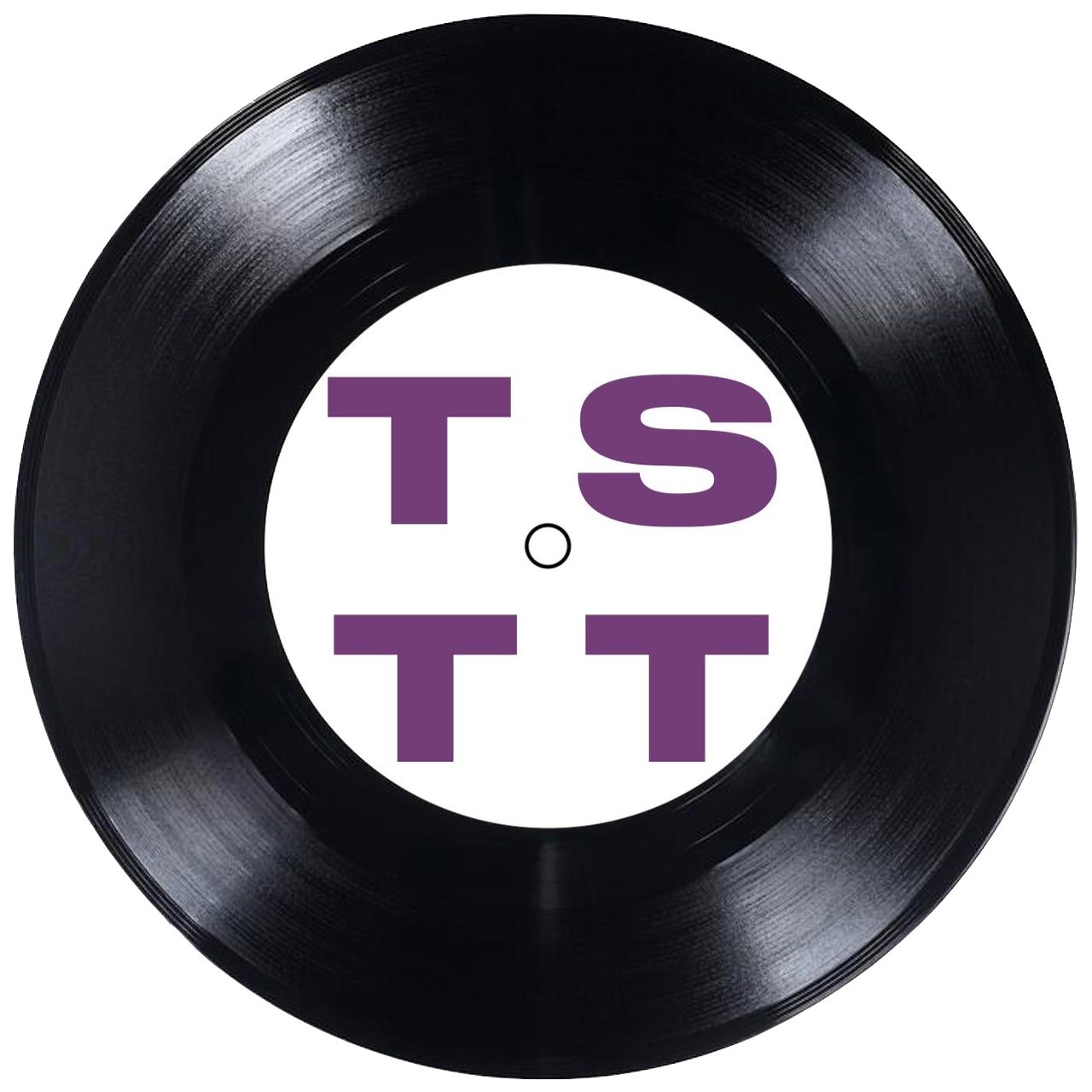
Thank you, Brad. Yep “Do Anything You Wanna Do” co-written by Ed Hollis, the brother of TalkTalk’s amazing singer and main songwriter, Mark Hollis. I met Mark several times and got to know Webo, Talk Talk’s bass player, Paul Webb relatively well. We rehearsed in the same rehearsal room complex, had mutual friends, and went to some of the same parties and clubs. One thing I remember about Webo is that, when out at a nightclub, he would observe the dance floor and estimate the BPM in his head of the dance tracks he liked and which the most people would get up and dance to. Consummate musician, always inquisitive and on the look out.
So well told, Nic! I love your story of being "lost" (at least in your parents' eyes!), Mom finds a "square" career-guider (she hopes) to steer you into a "proper" life's work (she hopes), and he then, manages to plop you right into the new, hip, young rock'n'roll milieu she was hoping you would avoid!!
For however much all the facts might seem jumbled and/or running together in your mind (the day-to-day studio work, etc), I can really see how your "getting it out" is helping you to make sense of it all, and are successfully laying out the landscape of early '80s UK rock! Not lost, thankfully, is the bustle of madcap activity it all, clearly, must have been!
I dug your mention of Eddie & The Hot Rods, ever so briefly, and envy you having seen them. They were one of my favorite "first wave" of UK punk bands, although their hit "Do Anything You Wanna Do" I easily slot into the power pop lane (it has to be...I dug it too much!!!). In fact, in just looking it up, that song has a fascinating origin! 'Twas written by their guitarist and manager!
Well done, again, Nic, and I hope others are hopping on for your ride!